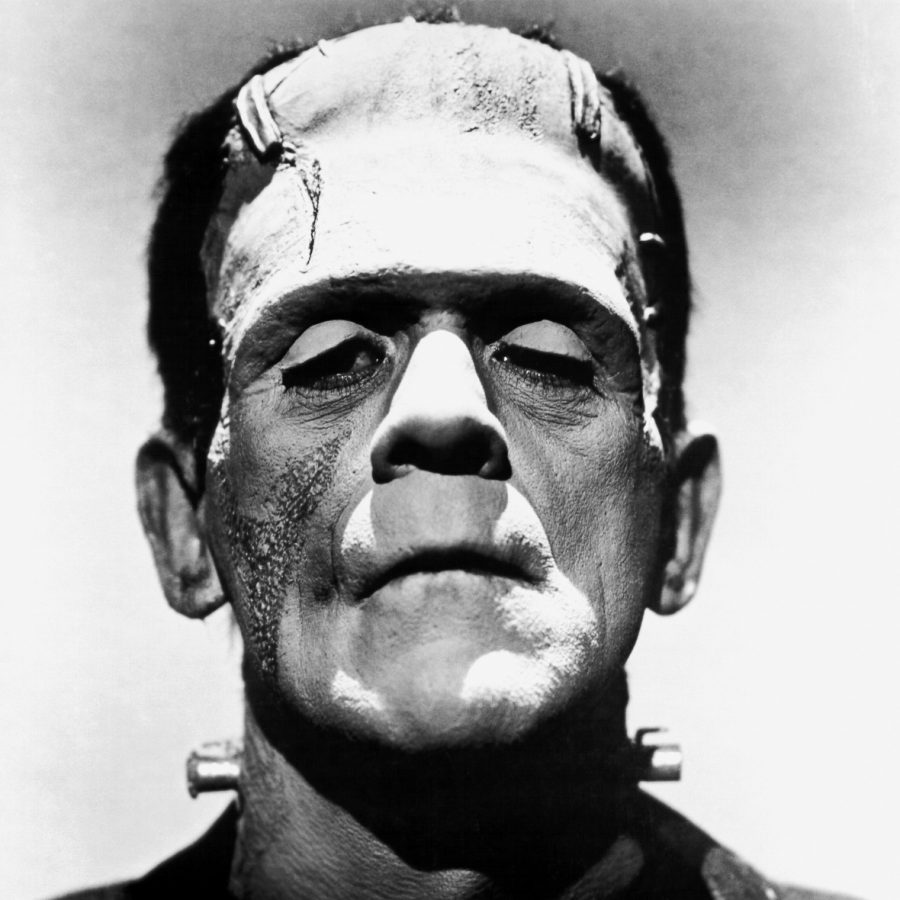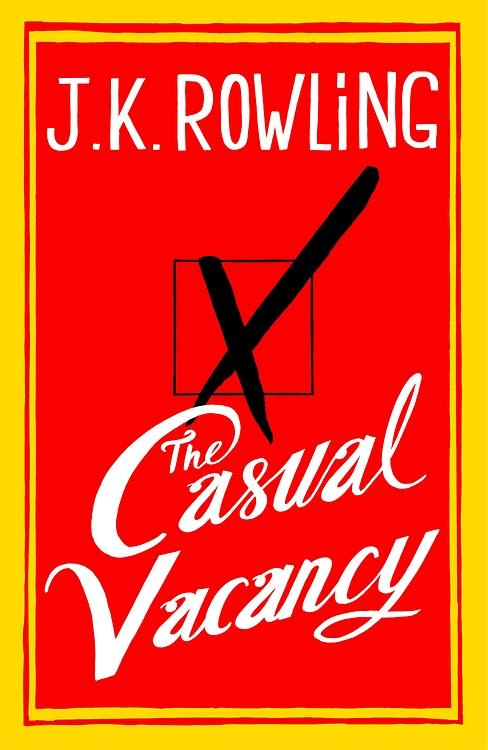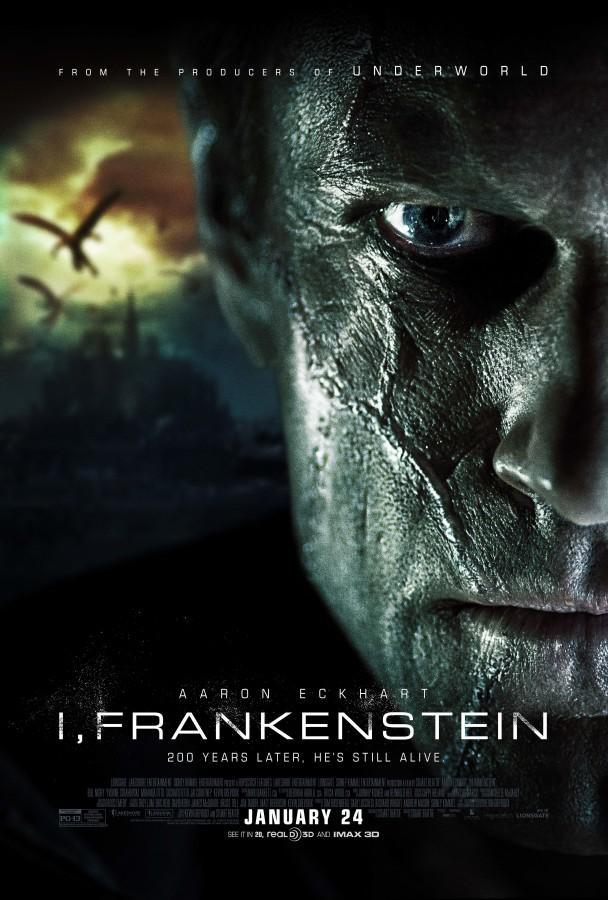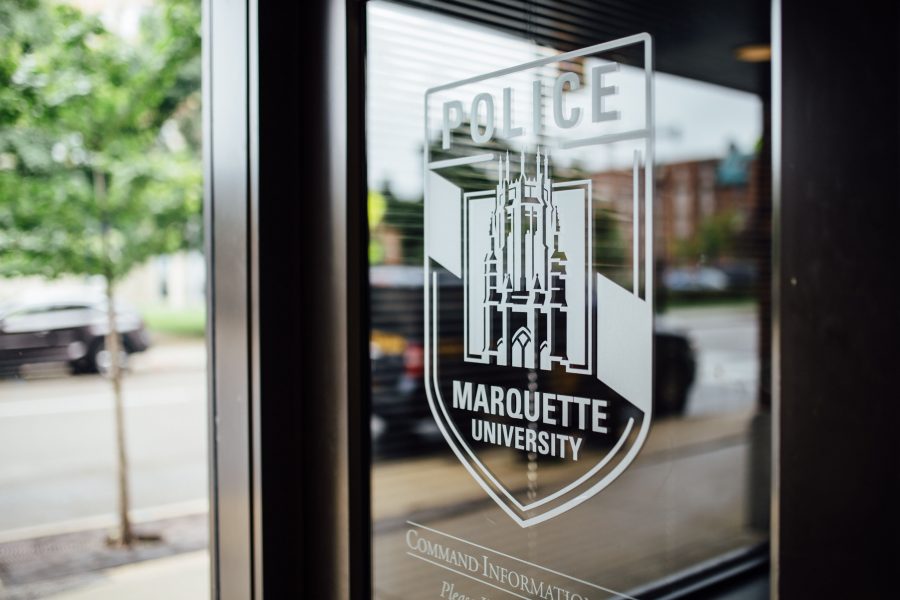While many people look forward to Halloween, a lesser known holiday on the last Friday of the month is Frankenstein Friday. But even Brittany Pladek, an assistant English professor and noted Frankenstein enthusiast, was not aware the holiday existed.
Many people hear Frankenstein and only think of a big, green, creepy-looking guy, but that is not the full story. The novel is much more than just a tale of horror, and there are several life lessons to be learned from it. In the book, Dr. Victor Frankenstein wants to use electricity to bring his own being to life. Using parts from other dead bodies, he pieces together his own creature and succeeds in giving it life. Immediately, the doctor is horrified by his creation and runs away. This leaves Frankenstein, the creature, alone and wondering what is wrong with him.
“Being rejected by his parent is the first thing he sees,” Pladek said. “This makes him think that he is monstrous, and sends him down this bitter, violent path.”
As Frankestein’s monster starts to kill civilians, Victor tries to right his wrong. The novel ends with Victor chasing his creature, unsuccessfully attempting to run him down and kill him.
“I’ve only seen images from the movie,” Nicki Boggia, a junior in the College of Nursing, said.
The classic novel often struggles to compete against pop culture stories today.
“I don’t think many students have an extended understanding of the actual story, just what we’ve seen on TV and things like that,” Anne Peltier, a sophomore in the College of Communication said.
Pladek, however, was able to explain some of the common misconceptions people have about the iconic story.
“While many people think of Frankenstein as a cautionary tale about using science to play God, it is more a story about responsibility,” Pladek said. “The consequences of this book are the consequences of creating something and then not taking care of it.”
Frankenstein is not about the horrors of science, and why we need to not infuse dead, forged-together bodies with electricity. It is rather about the need to take responsibility for one’s actions.
It turns out that Mary Shelley, author of the original Frankenstein novel, was a bit of a genius, as she wrote the book when she was only about twenty years old. Through her novel, Shelley tries to make an allegorical statement about the damage humanity can cause by creating something, and then refusing to nurture it, and attend to the needs it has throughout its whole life cycle.
“In the movie, he’s this lurking brute who can’t really talk and has screws coming out of his neck,” Pladek said. “The creature in the book is actually very intelligent and very well spoken. He’ a smart, aware character who reflects on his own rejection.”
Mary Shelley simply wants readers to take responsibility for actions and creations. Maybe that’s what this extremely little known holiday is all about.










